‘Omori’ Had Me Bawling My Eyes Out
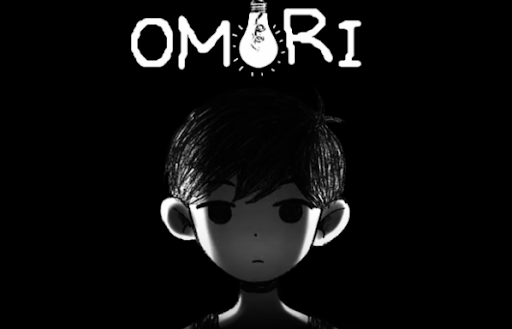
Do we deserve forgiveness?
That question, among other things, is the central theme in “Omori.” The game was revealed in 2013, yet released in 2020. It follows two characters, the titular Omori and his counterpart Sunny. Your goal is to guide both characters in the dream world and in reality in order to piece together a lost truth. However, you also come to the realization of why the truth was lost in the first place…
For your sake, I want to provide a disclaimer. “Omori” contains graphic depictions of anxiety, depression, and suicide. This game does not pull its punches. You will most likely encounter upsetting imagery and sounds, all of which can cause extreme stress. The depictions in this game are crucial to the narrative and are not present simply for the “scare” factor. However, it doesn’t stop the fact that the themes in this game are heavy. If you are sensitive to this kind of content, it’s okay to refrain from experiencing this game. The story itself, coupled with the message, is something that most people will find powerful, but getting to that point at the cost of mental anguish is not worth it. My review will not contain any of these topics or spoil the game, but please feel free to hold back if you feel anxious at any point. I wish for this to be a safe space for everyone to feel comfortable.
“Omori” is a turn-based role-playing game at its core. You’re given control of Omori (or, in some cases, Sunny), and his friends Kel, Aubrey, and Hero. Each character equips different weapons and takes different roles in battle. For example, Aubrey hits hard while Kel uses skills to set up for future attacks, and Hero keeps the team’s health from reaching zero. Omori himself is a good all-rounder, allowing for decent damage with balanced stats. There is minimal leeway with the characters, but ultimately the roles they have in battle stick with them and can’t be changed.
The good news is that I don’t mind. For someone who encounters this genre regularly, it isn’t that big of a deal that I can’t customize my party much outside of assigning weapons, accessories, and skills. I tend to be able to find fun in battles without needing a deep and complex system. However, I acknowledge the fact that some people won’t find enjoyment in battles. It can get boring at points where it feels as if you’re just spamming the attack button to win. Luckily, there are a few aspects to battles that cause them to stand out.
Emotions are one example. Certain enemy attacks and companion skills cause you and your party to feel emotions. They range from happy, to sad, to angry. Not only that, but your enemies can also feel emotions. This serves as a sort of rock, paper, scissors feature. Angry has an advantage over sad, sad over happy, and happy over angry. This is due to the ways that emotions affect characters. For example, an angry character has their attack raised, and defense lowered. A happy character, on the other hand, has their critical chance and speed raised while lowering their hit rate. Finally, a sad character has increased defense but reduced speed, and part of their damage they receive is split between HP and Juice (SP). This means that a happy character can manage to do big damage to an angry one, but not so much to sad characters. Each emotion has two stages, the second having a bigger effect than the last. That being said, Omori can access a third stage of each emotion exclusive to only him.
I really like the emotions. It can feel dry to some, but I find it great. Not only do you have to worry about staying alive, but you also have to make sure that you have an emotional advantage over your enemies. By ignoring emotions, enemies can easily wipe the floor with you. You also have to balance who will receive what emotion and what happens when an enemy changes your emotion. One neat touch is how the character portraits change based on what emotion they’re feeling at the moment. This extends to the enemies, who also change their expressions based on their emotion. However, the game only highlights the enemy in a color based on their current emotion (yellow=happy, blue=sad, red=angry). It doesn’t tell you via text, which is sometimes frustrating. I encountered moments where I couldn’t tell if an enemy had an emotion or if their character model just looked like they did. This didn’t happen too many times, but when it did I was annoyed.
Next are the follow-up features. Whenever your party is attacked, you gain one point of energy (you may store up to a maximum of ten). Then, whenever it’s your turn to attack, you can choose to spend three points to perform a follow-up. Every character is different, meaning that the attacks they can use differ. Hero’s follow-up attacks allow you to heal another character, whereas Aubrey’s can deal big damage while also giving her an emotion. However, if you reach ten points, you can perform a team attack that deals massive damage to all enemies. This, in my opinion, is game-breaking. I have defeated so many bosses by just using a team attack, even when they still had a good chunk of health left. I acknowledge that I could simply not use the team attack to give myself more of a challenge, but having it right there to finish an otherwise challenging fight is tempting.
Moving on from gameplay, “Omori” contains a plethora of side content. There are side quests, but more importantly, are the endings. You can experience different routes that lead to different endings. Don’t worry, though, because you will most likely experience the true ending by just playing the game normally. However, you can choose to take specific actions that will change your route. On the alternate route, you trade satisfying closure for more content. You’ll be able to expand one section of the game, but at the cost of, in my opinion, something more important. This is why you should experience the true ending of the game before tackling the other ones. You’ll thank yourself, I promise.
What’s a good game without good music? “Omori’s” soundtrack slaps so hard you’d think it was Will Smith. The songs themselves complement the game so wonderfully. I love games that incorporate music into the narrative, and “Omori” does just that. One song, in particular, is used in this way, and it’s used brilliantly. Besides that, you might find me jamming to many tunes from the soundtrack when I’m in my car. I’m not kidding when I say that the songs in this game go so hard. Some of my favorite tracks include “Tussle Among Trees,” “Splintered Sweets In The Castle,” and “World’s End Valentine.”
Switching tones, “Omori” is a game that tackles tough themes. The story is about a boy named Sunny who pieces together a lost truth, both in reality and his dreams (called “Headspace”). He is replaced in headspace by a boy named Omori, who matches his appearance somewhat. The player is shown how this lost truth affected Sunny, and how his mental health deteriorated because of it. We’re also shown how Sunny’s friends have changed based on what happened. I can’t talk enough about how this game handles its commentary on our lives.
Should we repress our fears?
I wonder about this. “Omori” plays with this idea a lot. Can we ever truly come to terms with ourselves if we choose to hide from the things that terrify us? After finishing “Omori,” I thought a lot about this question. Sometimes, it’s easier to hide in a bubble and forget our pain. It’s safe and comforting. Yes, we may not move on, but that might bode better in the long run. Why try to face what you’ve done when you can easily cast it aside. As long as it isn’t causing harm, who cares?
But it is causing harm.
Maybe you can manage, but what about the people you care for? Should they be punished because of your unwillingness to change? What is being selfish anymore? We have to take care of ourselves…right? But are we really doing what’s best for us?
Okay, those were a lot of rhetorical questions in a short amount of time. However, I wanted to pose those to you as a taste of what will be going through your head when playing the game. Diving into the mind of someone plagued by anguish is not pleasant. It forces us to ask those questions and consider the roles we play in our own lives.
This extends to the lives of those around us. In “Omori,” it becomes clear how our problems can negatively affect the lives of our friends and family. This game communicates the ways that Sunny’s friends are thrown into disarray because of past events. It plays a crucial part in the themes that “Omori” is trying to convey.
I want to talk about one more portion: the part that made me ugly cry for like 20 minutes. It’s at a section where everything you’ve asked yourself and had to consider comes back at you, and a choice appears. Choosing the “correct” options plays a cutscene that is genuinely one of the most beautiful I’ve ever seen. It isn’t graphically impressive or anything, it just hits you right in the heart. It’s enough to make an emotionless stump shed a tear. Watching this cutscene filled me with so many emotions that I couldn’t help but burst into tears. It’s so expertly crafted, and playing through the game was worth every second. My tear-stained hands trembled for the rest of the night, and I was left awe-struck at what I had witnessed.
I also want to point out that there’s a hidden stat that’s randomized when you start a new file. It’s called the WTF stat, and the higher it is, the more unsettling things will happen in cutscenes and the overworld. Each time you play, you might experience something different!
So as you can see, “Omori” left me really considering more about the way I lead my life. Yes, it actually affected me in such a way that I am deeply considering how I interact with the world around me. I cannot recommend this game enough. Yes, the gameplay leaves something to be desired for many. The game does have its problems, and I won’t try to claim that it’s a flawless masterpiece. Even if you hate the gameplay, though, that cutscene I mentioned makes it all worthwhile. It will leave you feeling emotion after emotion.
Score: 9/10




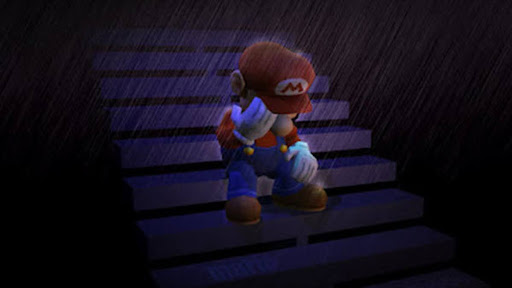
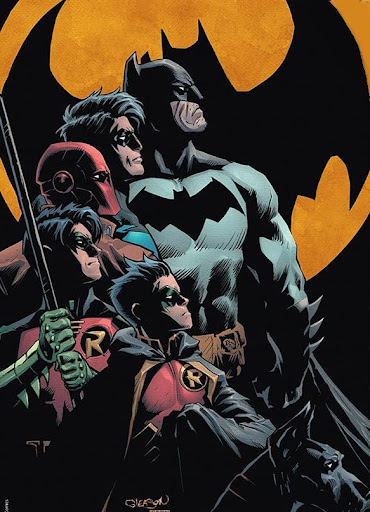
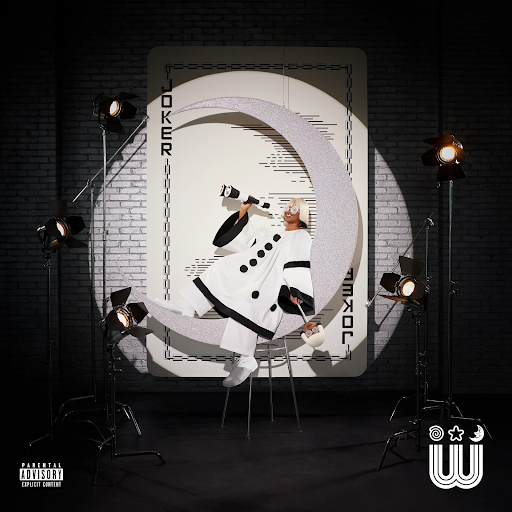
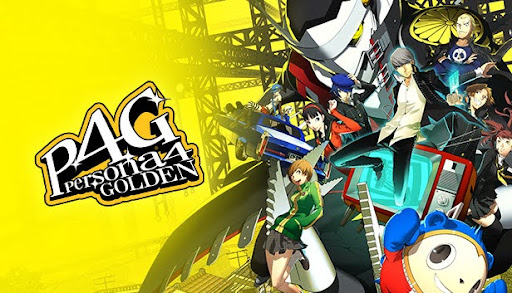
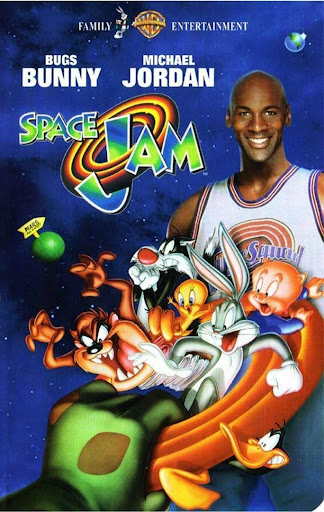


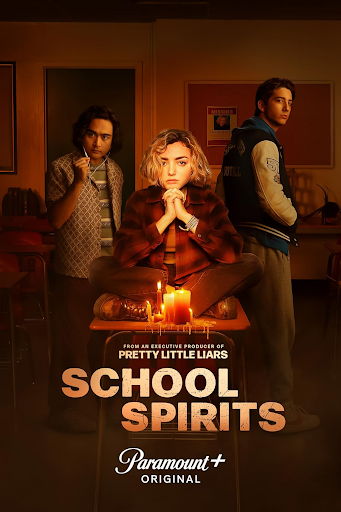

Trevor • Apr 28, 2023 at 11:43 am
Amazing! How you managed to say so much without spoiling the game is impressive. A must play!